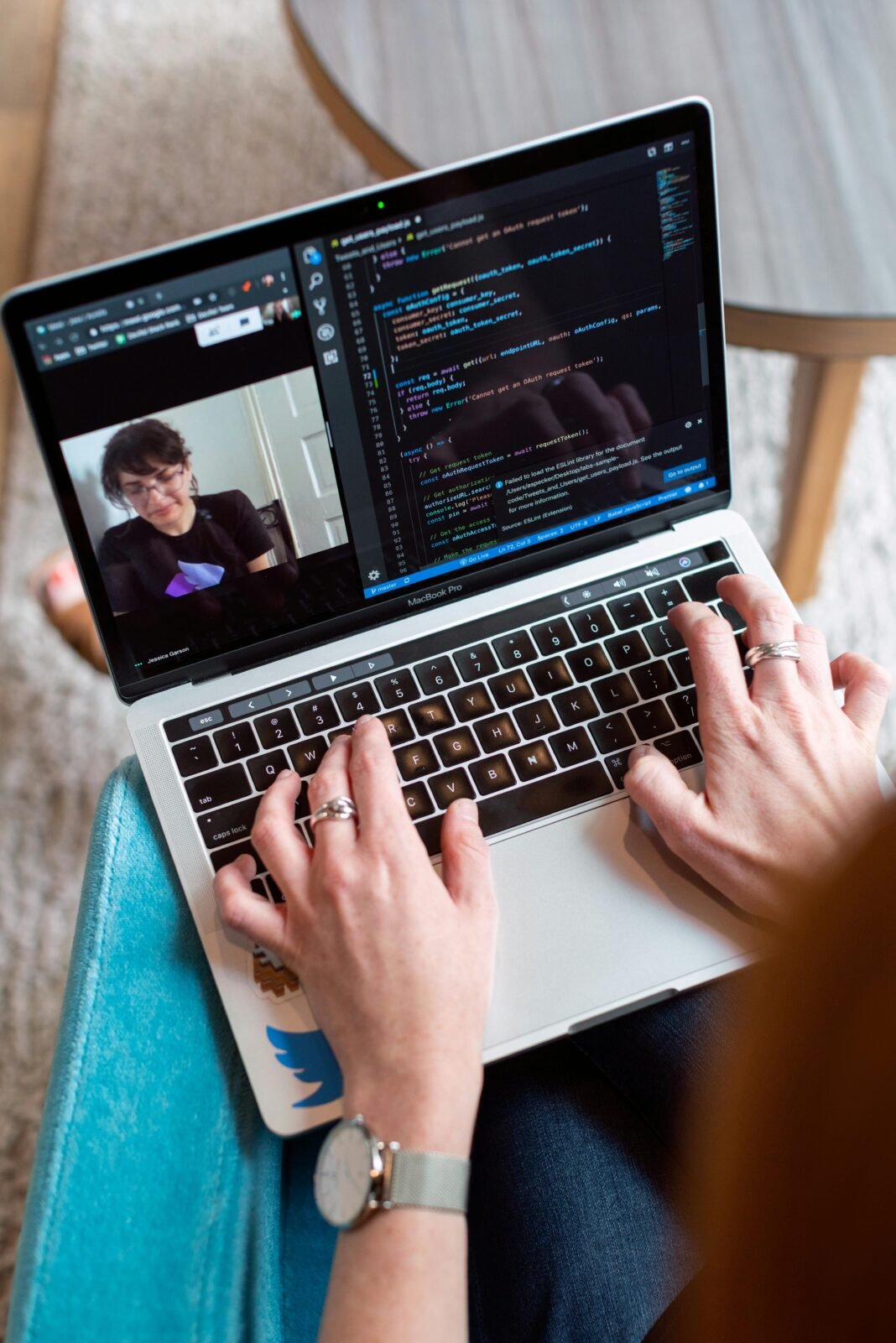Introduction:
Technology giants have become architects of global security, significantly influencing the complex web of safeguarding measures in our digital age. There are some well-known Companies like Amazon, Google, Meta (formerly Facebook), and Microsoft wield are being immense powerful overview aspects of society, and for the economy, and national security these are the exclusive domain of states.
Internet’s Infrastructure:
These technology giants control crucial parts of the internet’s infrastructure, including servers, cloud computing platforms, and domain name registration services. Their influence extends to advanced communication channels, presenting both opportunities and inherent risks to global security.
Banished the Alternative Social Media Platform
In the aftermath of the January riot at the U.S. Capitol, these companies demonstrated their authority. Facebook and Twitter suspended President Donald Trump’s accounts, while Amazon, Apple, and Google effectively banished the alternative social media platform Parler. Financial service apps like PayPal and Stripe stopped processing payments related to the Trump campaign. These swift actions underscored the technology giants’ ability to shape the global environment independently of government directives.
- As technology companies and governments negotiate for control over digital space, they operate within three geopolitical environments:
- State Dominance: In this scenario, the state remains supreme, rewarding national champions. Governments directly regulate and influence technology companies according to national interests.
- Corporate Empowerment: Alternatively, corporations wrest control from the state over digital space. Technology giants become the new architects of global security, steering international affairs through their unprecedented influence.
Globalist Influence: Some technology giants transcend national boundaries, impacting multiple countries simultaneously. Their decisions ripple across borders, affecting citizens, economies, and security worldwide.
In this Brave new World, the Question Arises:
Who truly holds the reins of global security? The answer lies not solely with governments but increasingly with the titans of technology.
Technology Giants: Architects of Global Security:
In the new era of digital technology, the landscape of global security is significantly affected by and dominated by technology giants. So, from Google and Amazon to Meta (formerly Facebook) and Microsoft, these industry titans hold massive sway over the complicated web of security measures safeguarding our digital lives.
The Rise of Nonstate Actors:
All states have been the primary actors in global affairs for nearly 400 years. Anyhow, that paradigm is starting to shift.
Private Decisions with Public Impact:
Most of the analysis of U.S.-Chinese technological competition is stuck in a statist paradigm, depicting technology companies as foot soldiers in a conflict between hostile countries. However, these companies are not mere tools in the hands of governments. Their actions—such as the suspension of President Donald Trump’s social media accounts after the Capitol insurrection—were private decisions made by for-profit entities exercising power over code, servers, and regulations under their control. These decisions significantly shape the global environment in which governments operate.
Geopolitical Environments:
If we talk about technology companies and governments negotiate for control over digital space, U.S. and modern Chinese technology giants will operate in one of three geopolitical environments:
State Dominance: In this scenario, the state reigns supreme, rewarding national champions. Governments directly regulate and influence technology companies, shaping their behavior according to national interests.
Corporate Empowerment:
As the ultimate solution, corporations were controlled from the state over the digital world. These technology giants became modern architects of global security and paved the course of international affairs through their sublime influence. These companies play a vItal role in safeguarding the nations against emerging threats.
Globalist Influence:
Some technology giants transcend national boundaries. They operate in a globalist environment, where their actions impact multiple countries simultaneously. These companies wield immense power, often without direct government oversight.
The Future of Geopolitics:
While the national security background runs deep in the veins of some Silicon Valley tech platforms, and Chinese companies are perceived as closely associated with their government, most technology giants operate independently. Their decisions ripple across borders, affecting citizens, economies, and security worldwide.
Conclusion:
As we navigate this new era, understanding the role of technology giants in global security becomes crucial. Balancing their influence with democratic accountability and national interests will shape the future of geopolitics—one where lines blur between state and corporate power, and the digital realm becomes the battleground for security and stability.
In this brave new world, the question remains:
Who truly holds the reins of global security? The answer lies not solely with governments but increasingly with the titans of technology.



